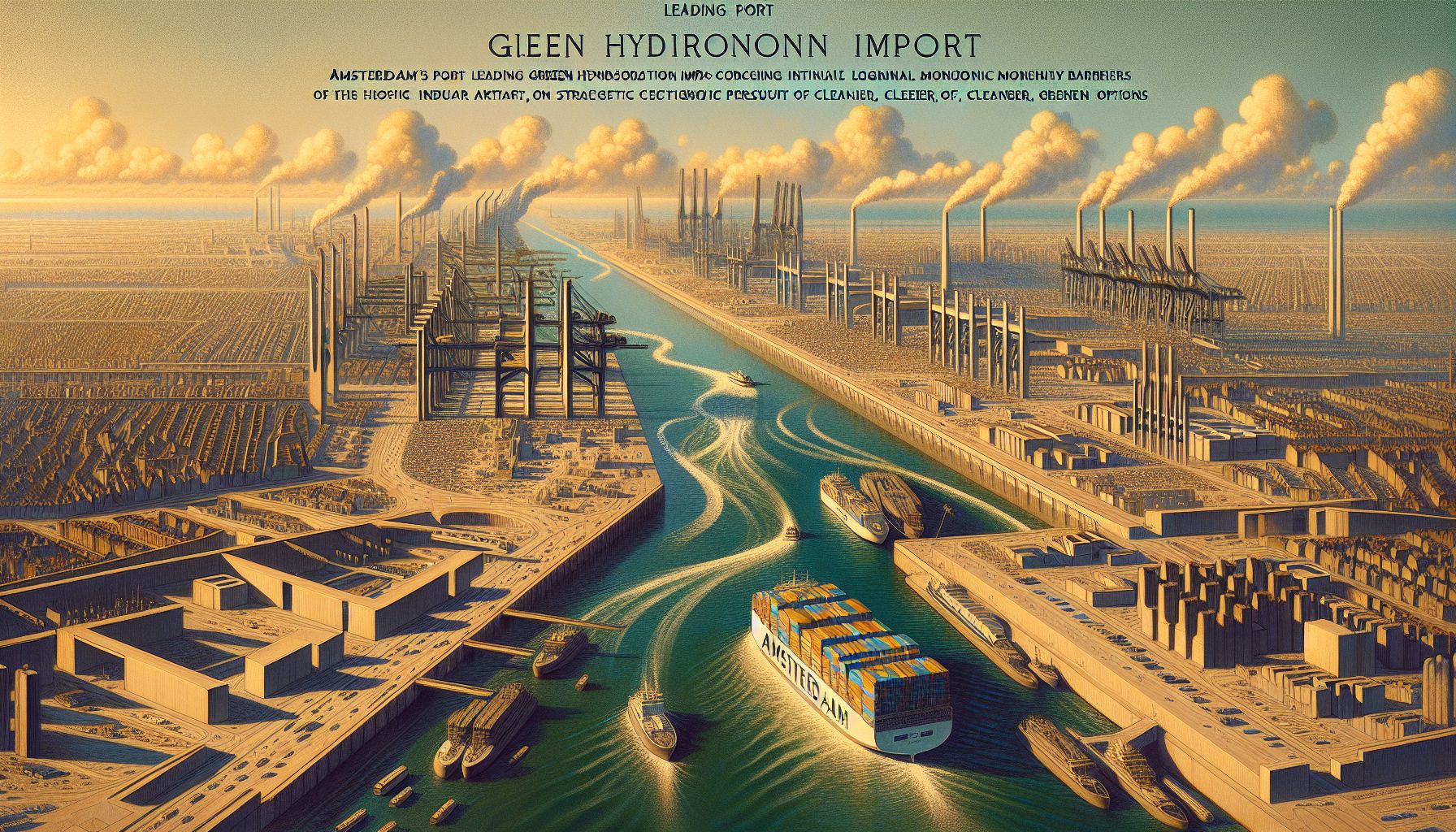Amsterdam Port to Lead Green Hydrogen Import for Decarbonization

Amsterdam, Monday, 23 December 2024.
Invest-NL highlights the strategic role of Amsterdam’s port in importing green hydrogen, vital for decarbonizing heavy industry and transport, despite initial financial hurdles.
Strategic Investment Analysis
According to a recent study by Invest-NL in collaboration with Port of Amsterdam, Ecolog, and Tata Steel, while green hydrogen imports through Amsterdam will initially face financial challenges, the project could generate returns of up to 2 billion euros in the long term [1]. The analysis reveals a significant financing gap of 2.4 billion euros during the first 11 years, highlighting the need for strategic government intervention [1]. This development aligns with IRENA’s recent emphasis on hydrogen infrastructure as a crucial component for achieving the 1.5°C climate target by 2050 [2].
Market Development and Infrastructure
Dolores de Rooij, senior business development manager at Invest-NL, emphasizes that green hydrogen imports are essential for meeting climate goals while reinforcing the Netherlands’ position as an energy hub [1]. The Port of Amsterdam’s strategic location positions it as a crucial nexus for Northwest Europe’s hydrogen distribution [1]. This infrastructure development is particularly significant as DNV’s analysis indicates that scaling the hydrogen economy requires robust infrastructure and clear policy frameworks [4].
Financial and Policy Framework
To bridge the initial financing gap, Invest-NL proposes several key interventions, including contracts for difference (CfD), subordinated loans, and regulatory adjustments [1]. These measures aim to provide certainty to investors and accelerate the development of a stable green hydrogen market. The project’s structure could serve as a blueprint for similar initiatives across Europe [1], aligning with the Green Hydrogen Coalition’s mission to deploy green hydrogen at scale for multi-sectoral decarbonization [3].
Future Impact and Implementation
The initiative addresses a critical challenge in the Netherlands’ renewable energy landscape, as domestic green hydrogen production alone cannot meet projected future demand [1]. This limitation stems from constraints in renewable energy capacity [1]. The project’s success could significantly impact hard-to-electrify sectors, including heavy industry, transport, and aviation, providing a sustainable pathway for their decarbonization [1][2].

